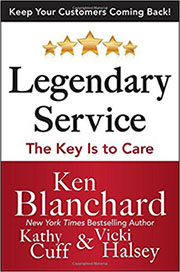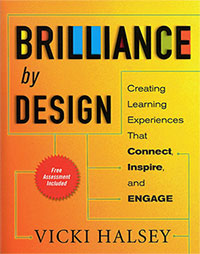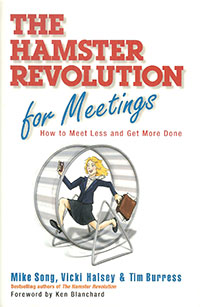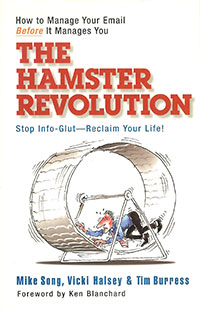 Fifty years ago this week, Jim Ryun failed his way to success when he became the first high school track athlete to run a sub-4 minute mile. Ryun decided to try running only after being cut by a church baseball team and his junior high basketball team. Ryun said, “I’m glad those failures were there because I didn’t linger in a sport that I couldn’t do anything in. I failed on to the next thing, until I found something. That was a gift from God to me.”
Fifty years ago this week, Jim Ryun failed his way to success when he became the first high school track athlete to run a sub-4 minute mile. Ryun decided to try running only after being cut by a church baseball team and his junior high basketball team. Ryun said, “I’m glad those failures were there because I didn’t linger in a sport that I couldn’t do anything in. I failed on to the next thing, until I found something. That was a gift from God to me.”
“I failed on to the next thing, until I found something.”
In reading about Ryun’s story this week, I was struck by his positive point of view about failure. It reminded me of key lessons I’ve learned over the years through my own experience (yeah, I’ve failed a lot!), as well as from John Maxwell’s excellent book on the subject, Failing Forward.
1. Redefine success and failure — Too often our society views success as a win-lose proposition. You know the mindset…if you’re not a winner, you’re a loser. We have distorted definitions of what success and failure mean, and unless you change the way you perceive success and failure, you’ll never feel satisfied with your lot in life. Failures are just life experiences that didn’t turn out the way you intended. Learn the lessons and move on. Don’t obsess over the situation and don’t use absolute language like “I’m never going to succeed,” or “I’m always going to fall short of my goal.” Don’t dwell in self-pity by ruminating on “Why me?,” but instead focus on “What can I learn?”
2. Be purpose driven — It’s easier to recover from failures when you’re living on purpose. Your purpose is your reason for living, the values and beliefs that drive you to be more of the person you want to be. If you aren’t clear on your purpose in life, you’re like a ship without a rudder, your direction controlled by the randomness of the current. When you’re unclear on your purpose, failures seem more catastrophic and debilitating. When failures occur within the context of pursuing your purpose, they become learning moments for growth and maturity. John Maxwell says that, “More than anything else, what keeps a person going in the midst of adversity is having a sense of purpose. It is the fuel that powers persistence.”
3. Persistence pays off — Winston Churchill said, “Success is not final, failure is not fatal; it is the courage to continue that counts.” Woody Allen famously said, “80% of success is showing up.” Both quotes convey the same idea – persistence pays off. Orville Redenbacher (yes, the famous popcorn guy) spent 15 years perfecting the corn hybrid used for his popcorn. He spent another 10 years making his popcorn the best-selling brand in the world. When asked about his philosophy, he said “I’ve followed the classic homespun principles. Never say die. Never be satisfied. Be stubborn. Be persistent. Integrity is a must. Anything worth having is worth striving for with all your might. Does it sound corny? Honestly, that’s all there is to it. There is no magic formula.”
4. Separate you from your performance — Our tendency is to derive our self-worth from our performance. If we succeed, then we’re worthy people. If we fail, we’re losers. The reality is that when it comes to achieving success, many things are out of our control. We can do everything right trying to achieve a goal, and something completely out of our control happens that causes us to fall short. Does that make us a failure? No, it just makes us human. Erma Bombeck, the famous humorist and writer, suffered many failures throughout her life but kept them in perspective. She said, “What you have to tell yourself is, ‘I’m not a failure. I failed at doing something.’ There’s a big difference…Personally and career-wise, it’s been a corduroy road. I’ve buried babies, lost parents, had cancer, and worried over kids. The trick is to put it all in perspective…and that’s what I do for a living.”
Tell yourself, “I’m not a failure. I failed at doing something.” There’s a big difference.
Fear of failure holds us back from taking risks. We paralyze ourselves, stuck in a state of inaction that leads to resignation and dissatisfaction – a zero life. Instead, we can become our own heroes by learning to redefine failure as opportunities for growth. We can discover our purpose and pursue it with persistence, all the while growing in understanding that even when we fail at a certain goal or task, we aren’t failing as a person. That’s what it means to go from being a zero to a hero – learning to fail forward.
Read more http://leadingwithtrust.com/2014/06/08/fail-your-way-to-success-4-tips-for-going-from-zero-to-hero/






